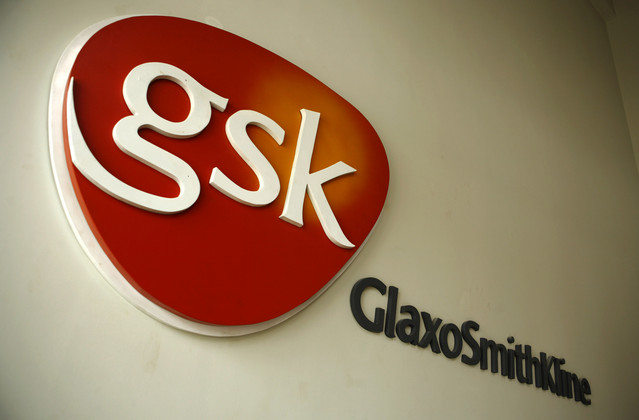GlaxoSmithKline has filed a regulatory application to the Japanese Ministry of Health, Labor and Welfare (MHLW) requesting the commercialization of their asthma treatment mepolizumab. The application lists mepolizumab as an add-on maintenance therapy for patients who suffer from severe eosinophilic asthma and still experience exacerbations, despite receiving standard treatments.
Mepolizumab is an investigational anti-interleukin-5 (IL-5) monoclonal antibody administered once monthly in a 100mg fixed dose through a subcutaneous injection. The therapy developed by GSK is expected to cancel out IL-5’s capacity to bind the receptor on eosinophils’ surface and consequently decrease the amount of blood, tissue and sputum eosinophil.
A sub-type of asthma, severe eosinophilic asthma is characterized by the excessive production of the white blood cell easinophils, which causes inflammation in the lungs and potentially airway damage, difficulties in breathing, and increased exacerbations. IL-5 is the main contributor to the growth, activation and survival of eosinophil, playing a crucial role in the movement of eosinophils from the bone marrow into the lung.
The New Drug Application submitted by GSK suggests the use of mepolizumab in adult and adolescent patients older than 12 years who suffer from asthma determined by a blood eosinophil count of at least 150 cells per microliter immediately prior to being treated, or 300 cells per microliter over the previous 12 months, and who were being treated with high-dose ICS and other maintenance treatments.
GSK has submitted regulatory filings to other international authorities as well, such as the U.S. and in the E.U., but mepolizumab has yet to be approved by either of them. The company previously supported the submissions using results from two phase III clinical trials, MENSA and SIRIUS, which were designed to evaluate the impact of mepolizumab on a number of key endpoints in asthma disease. In both studies, the key endpoints were successfully obtained.
If approved, the new intravenous treatment may be a new hope for thousands of patients who live with the disease worldwide. While 235 million people suffer from asthma, according to the World Health Organization (WHO), about 5% of them are not able to manage their severe symptoms with currently-available therapies. In addition, GSK is also investigating the use of mepolizumab for the treatment of eosinophilic COPD and Eosinophilic Granulomatosis with Polyangiitis (EGPA).

